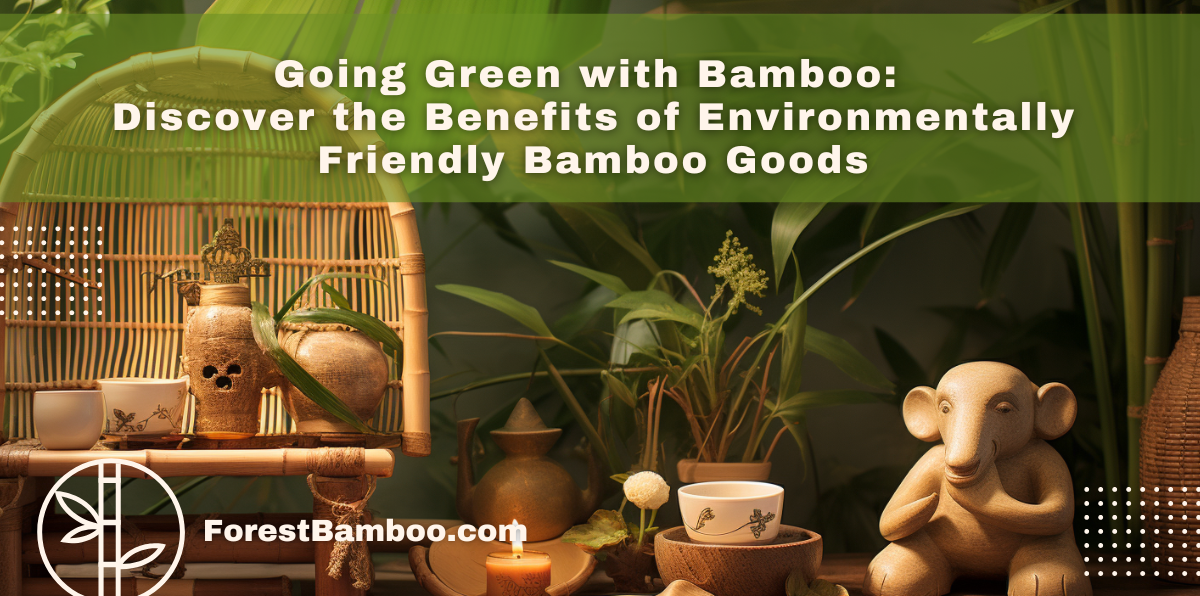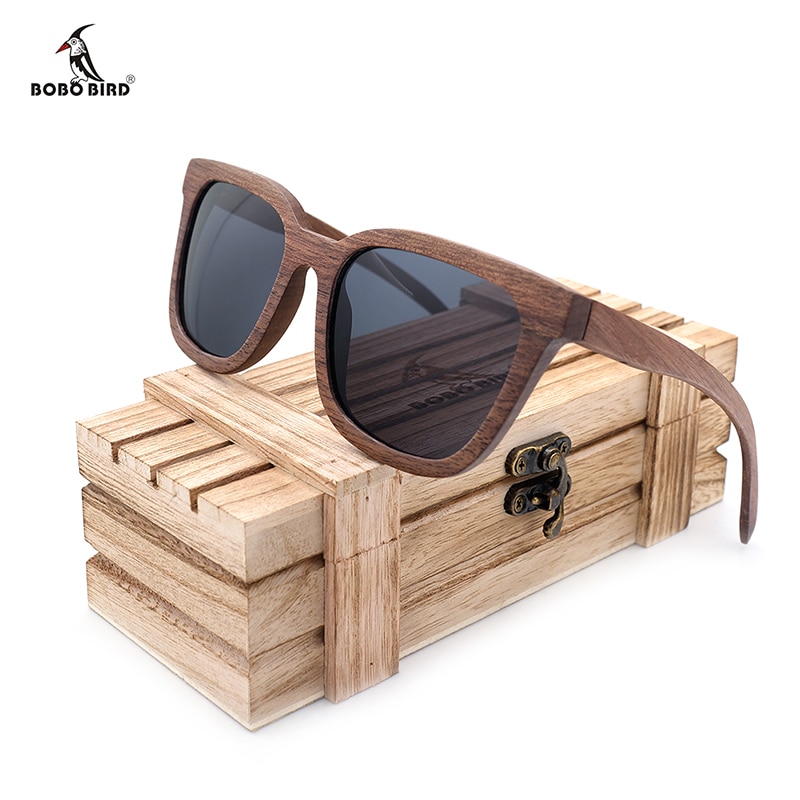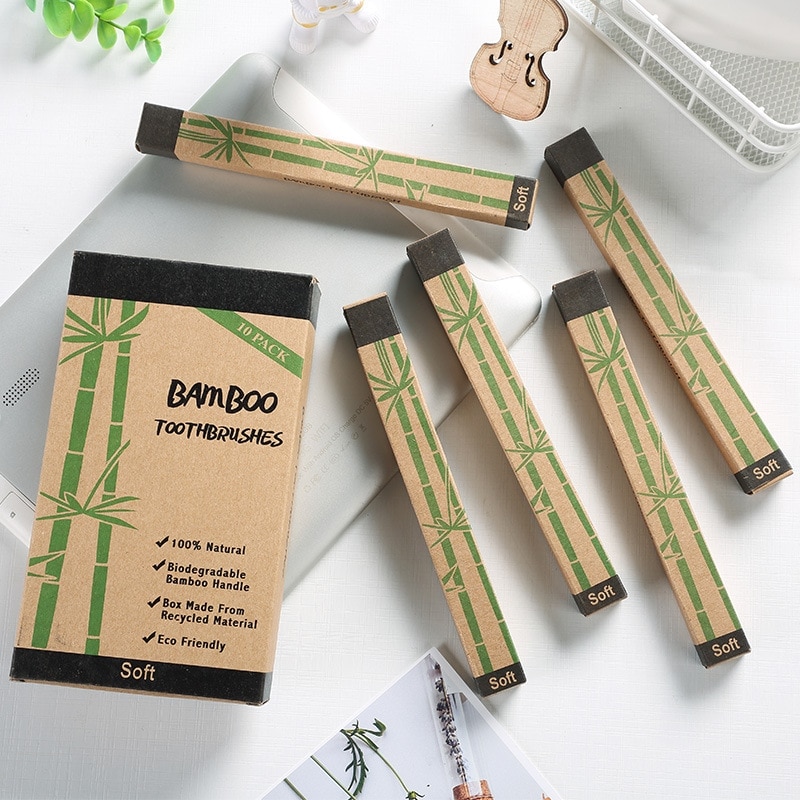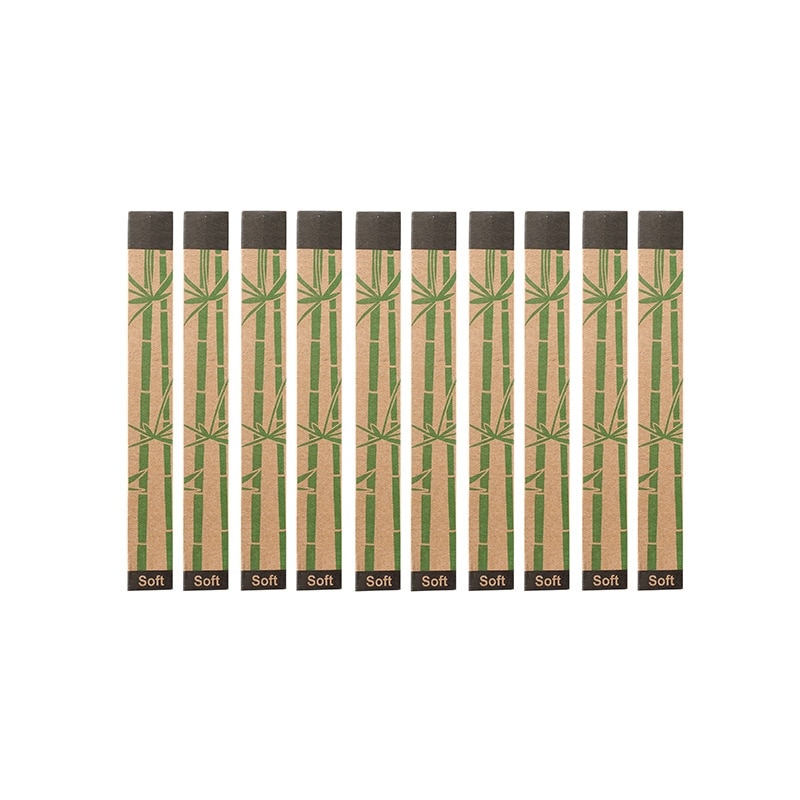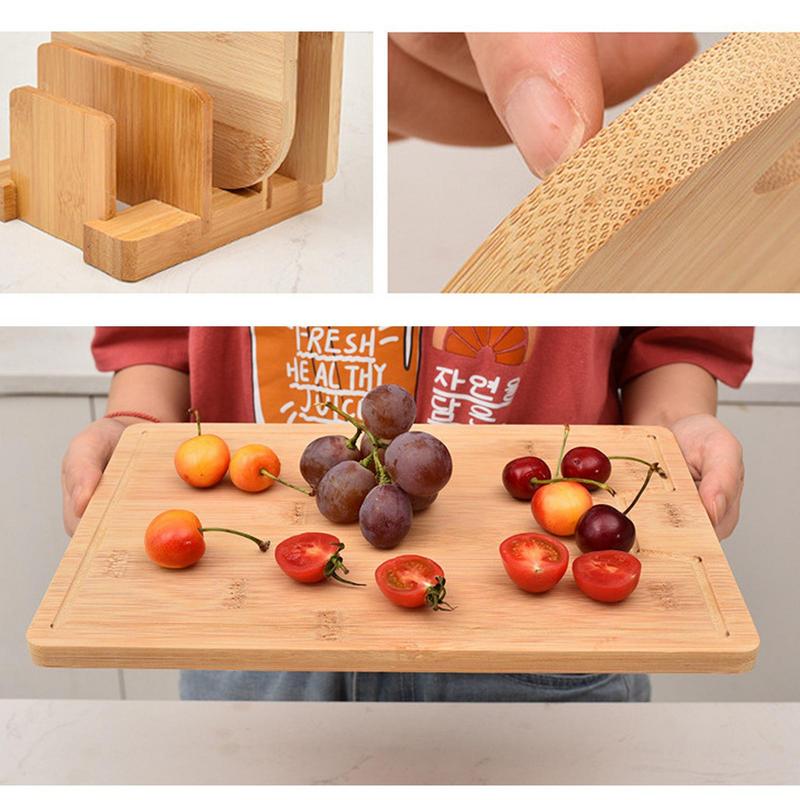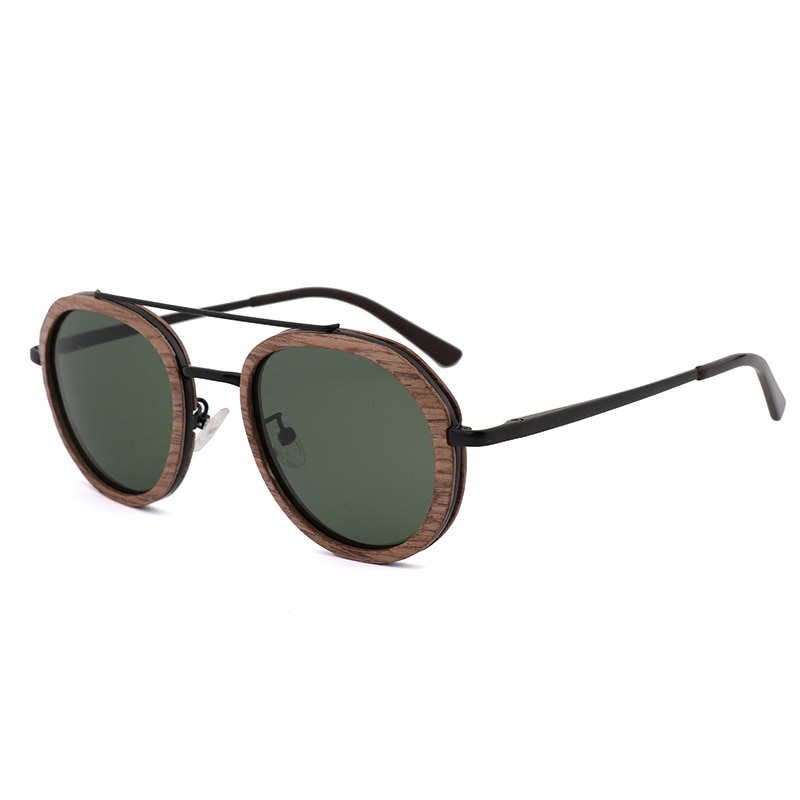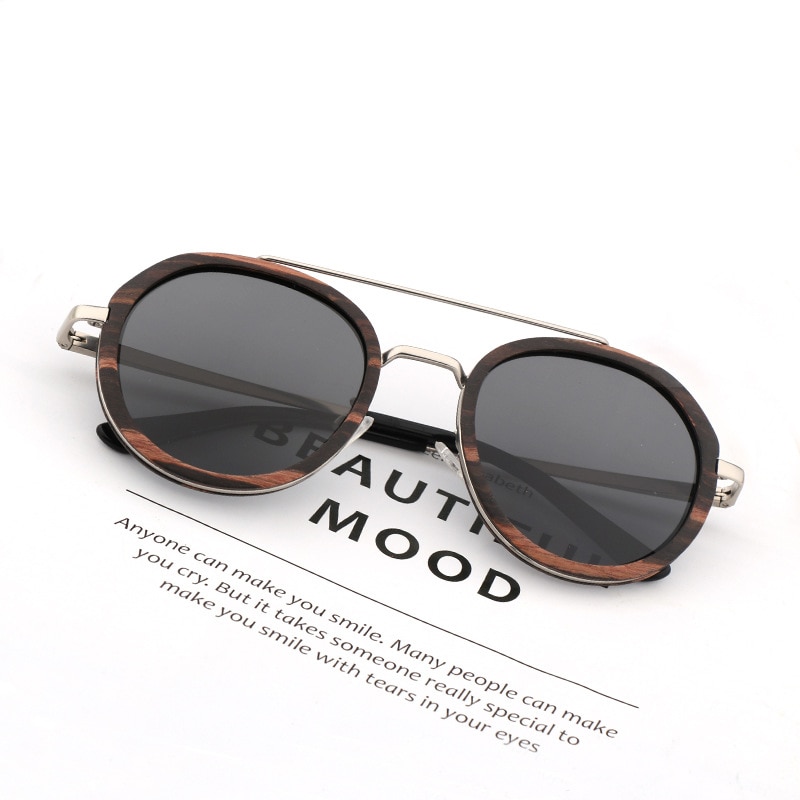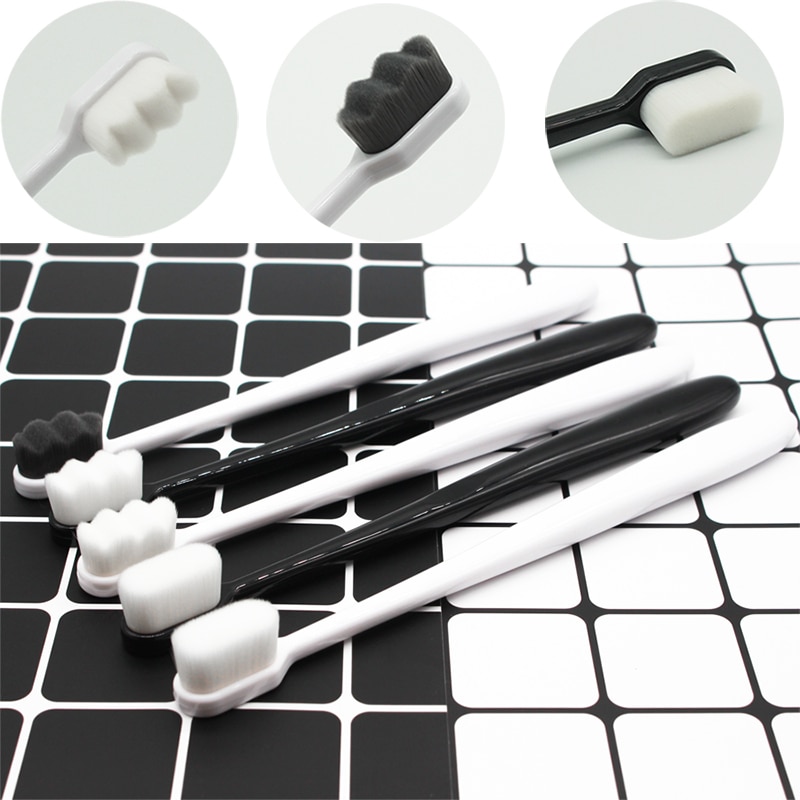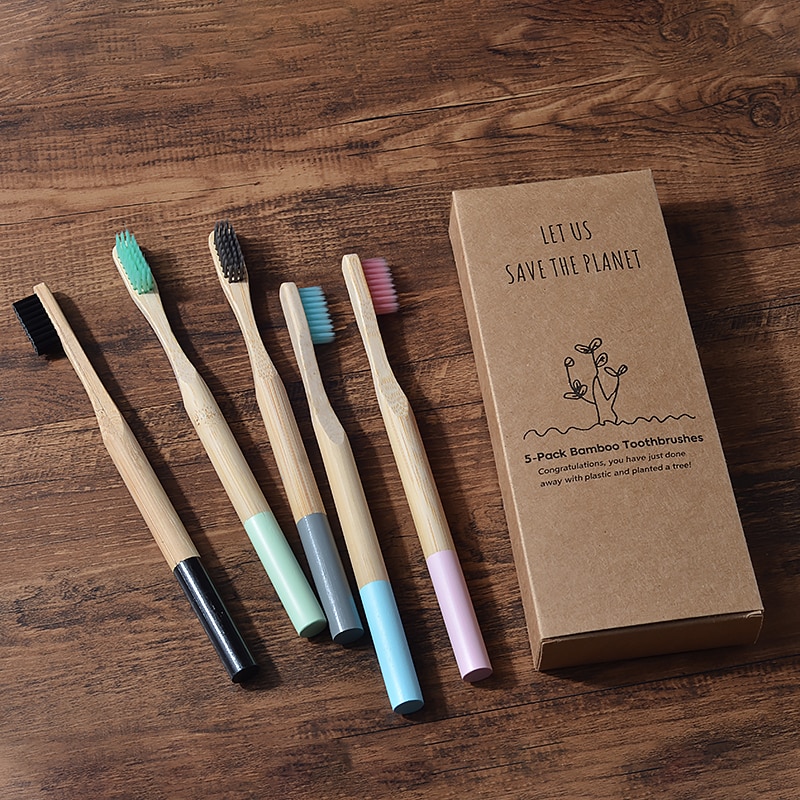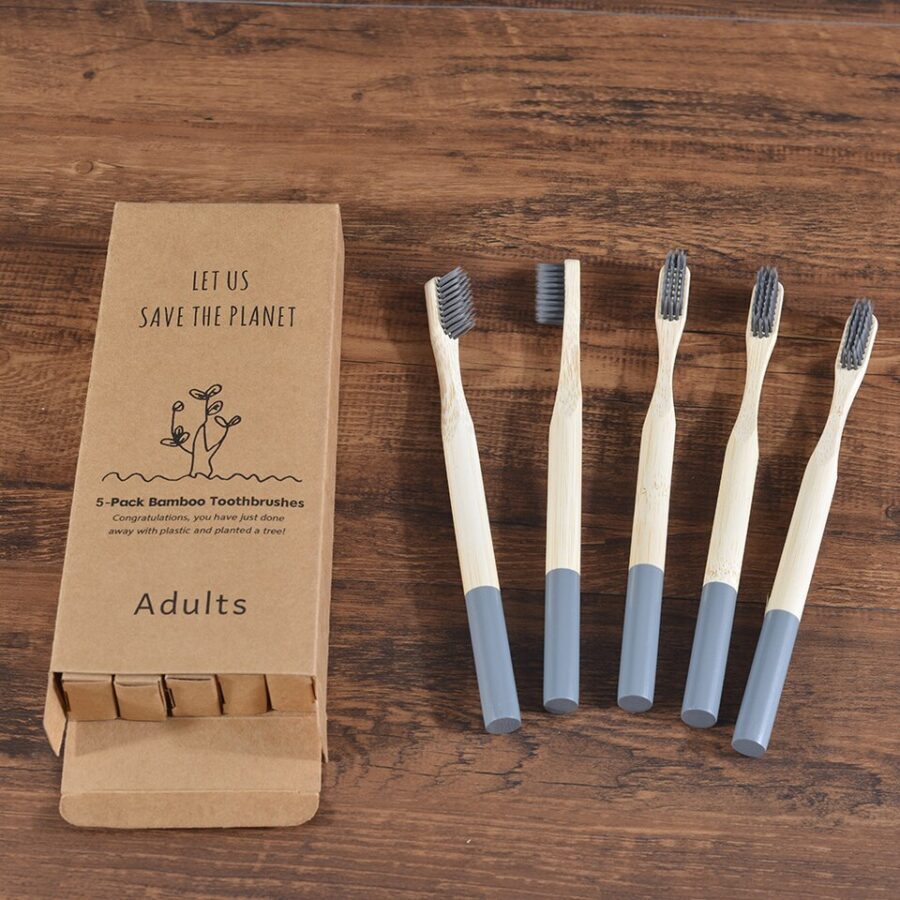Going Green with Bamboo: Discover the Benefits of Environmentally Friendly Bamboo Goods
In an era where sustainable living is becoming increasingly important, bamboo has emerged as a hero in the fight against environmental degradation. With its remarkable versatility and eco-friendly properties, bamboo has become the go-to material for a wide range of goods that are both stylish and sustainable. From furniture and flooring to clothing and kitchenware, the benefits of bamboo products are hard to ignore. In this article, we will delve into the world of bamboo and explore why it is the perfect choice for those who are passionate about going green. We will uncover the numerous advantages of using bamboo, such as its rapid growth, durability, and low environmental impact. Whether you are looking to revamp your home or upgrade your wardrobe, join us as we delve into the world of bamboo and discover the many benefits of incorporating this eco-friendly material into your life.
Environmentally Friendly Bamboo Goods: The Benefits
On the topic of Environmentally friendly bamboo goods, Bamboo is an incredibly versatile material that offers numerous benefits when it comes to sustainability and eco-friendliness. One of the most significant advantages of bamboo is its rapid growth. Unlike traditional hardwood trees that take decades to mature, bamboo can be harvested in just a few years. This makes it an excellent alternative for those concerned about deforestation and the depletion of natural resources. With its quick growth cycle, bamboo can be harvested without causing significant harm to the environment.
In addition, Environmentally friendly bamboo goods, to its rapid growth, bamboo is also incredibly durable. It is often used as a substitute for hardwood in various applications, including flooring and furniture. Despite its lightweight appearance, bamboo is surprisingly strong and can withstand heavy use and wear. This durability ensures that bamboo products have a longer lifespan, reducing the need for frequent replacements and ultimately minimizing waste.
Furthermore, bamboo has a low environmental impact throughout its lifecycle. It requires significantly less water than traditional crops and does not require pesticides or fertilizers for its cultivation. The plant’s natural resistance to pests and diseases makes it an ideal choice for those looking to minimize their ecological footprint. Additionally, bamboo plants absorb carbon dioxide and release oxygen, making them an excellent carbon sink and contributing to air quality improvement.
In summary, the benefits of using environmentally friendly bamboo goods are numerous. From its rapid growth and durability to its low environmental impact, bamboo is a sustainable choice that can help individuals make a positive impact on the planet.
-
Bamboo Double-sided Cutting Board
14.30$ – 25.10$ Select options This product has multiple variants. The options may be chosen on the product page -
Brand Designer Wood Bamboo Sunglasses For Women and Men,Polarized Lens Oversized Retro Sun glasses Handmade UV400
49.99$ Select options This product has multiple variants. The options may be chosen on the product page
Economic Benefits of Using Bamboo
Apart from its environmental advantages, bamboo also offers various economic benefits. The bamboo industry provides livelihoods for many communities around the world, especially in regions where the plant is native. Harvesting and processing bamboo create jobs and stimulate local economies, contributing to poverty reduction and sustainable development.
Moreover, the versatility of bamboo opens up opportunities for innovation and entrepreneurship. The plant can be used to create a wide range of products, from textiles and paper to construction materials and biofuels. This diversity allows for the growth of small-scale industries, helping to diversify local economies and reduce dependence on traditional sectors.
Bamboo’s economic benefits extend beyond its direct use as a material. The plant’s fast growth also means that it can be harvested multiple times a year, providing a continuous source of income for farmers and communities. This regular income stream can help stabilize rural economies and improve the standard of living for those involved in bamboo cultivation.
In conclusion, Environmentally friendly bamboo goods, the economic benefits of using bamboo are significant. From job creation and poverty reduction to fostering innovation and diversifying local economies, bamboo plays a crucial role in promoting sustainable economic growth.
Environmentally Friendly Bamboo Goods and Their Sustainability
When it comes to sustainability, bamboo goods have a lot to offer. As mentioned earlier, bamboo is a fast-growing plant that can be harvested in just a few years. This rapid growth ensures a sustainable supply of raw materials without causing harm to the environment. Unlike traditional hardwood trees that take decades to reach maturity, bamboo can be harvested regularly, making it an ideal choice for those looking for renewable and sustainable resources.
Furthermore, bamboo cultivation requires minimal resources. The plant is highly efficient in its water usage, requiring significantly less water compared to traditional crops such as cotton or corn. Additionally, bamboo does not require harmful pesticides or fertilizers for its cultivation. Its natural resistance to pests and diseases makes it a low-maintenance crop, reducing the environmental impact associated with chemical use.
Bamboo also has a positive impact on soil health. Its extensive root system helps prevent erosion and improves soil structure. The plant’s fallen leaves decompose quickly, adding valuable organic matter to the soil and enhancing its fertility. This natural cycle of nutrient replenishment reduces the need for artificial fertilizers and promotes a healthier ecosystem.
In summary, the environmentally friendly bamboo goods, bamboo offers sustainability on multiple levels. From its rapid growth and minimal resource requirements to its positive impact on soil health, bamboo is a sustainable choice that can contribute to a greener future.
Bamboo in Construction and Interior Design
Bamboo’s versatility extends to the construction and interior design industries, where it is gaining popularity as a sustainable alternative to traditional materials. Bamboo flooring, for example, is highly sought after for its durability, natural beauty, and eco-friendliness. The environmentally friendly bamboo goods, It provides a warm and inviting ambiance to any space while reducing the environmental impact associated with hardwood flooring.
In addition to flooring, bamboo is also used in the construction of furniture and cabinetry. Its strength and durability make it an excellent choice for these applications, ensuring that the products last for years without needing frequent repairs or replacements. Bamboo furniture adds a touch of elegance to any room while promoting sustainability and responsible consumption.
Moreover, bamboo is increasingly being used in the design of eco-friendly homes and buildings. Its lightweight properties and flexibility make it an ideal material for construction, allowing for innovative and sustainable design solutions. Bamboo structures are not only aesthetically pleasing but also energy-efficient, reducing the need for artificial cooling or heating. The use of bamboo in construction can significantly contribute to reducing the carbon footprint of buildings and promoting sustainable architecture.
To incorporate bamboo into your home, you can consider using bamboo blinds or curtains, bamboo-based wall coverings, or even bamboo-based wall panels. These eco-friendly alternatives not only add a touch of natural beauty to your space but also contribute to a greener and more sustainable living environment.
Bamboo as a Renewable Resource
One of the most significant advantages of bamboo is its status as a renewable resource. Unlike traditional hardwood trees, which can take decades to mature, bamboo can be harvested in just a few years. This rapid growth cycle ensures a continuous and sustainable supply of raw materials without causing harm to the environment.
Bamboo’s ability to regenerate quickly also makes it an ideal choice for reforestation efforts. When bamboo is harvested, the plant’s root system remains intact, allowing for new shoots to sprout and grow. This regrowth happens naturally and does not require replanting, making bamboo a highly efficient and sustainable resource.
Furthermore, bamboo is a versatile plant that can be used in various applications, from construction materials to textiles. This versatility allows for the utilization of every part of the plant, minimizing waste and maximizing the value of bamboo as a renewable resource.
By choosing bamboo products, individuals can actively contribute to the preservation of forests and the conservation of natural resources. The use of renewable materials like bamboo is crucial in building a sustainable future and combating the adverse effects of climate change.
Bamboo vs Traditional Materials – A Comparison
When comparing bamboo to traditional materials like hardwood or plastic, it becomes evident that bamboo offers numerous advantages in terms of sustainability and environmental impact.
In terms of growth rate, bamboo outperforms traditional hardwood trees. While hardwood trees can take decades to mature, bamboo can be harvested in just a few years. This rapid growth ensures a sustainable supply of raw materials without causing deforestation or depleting natural resources.
Additionally, bamboo has a lower environmental impact compared to plastic. Plastic production contributes to pollution, greenhouse gas emissions, and the depletion of fossil fuels. Bamboo, on the other hand, is a natural and biodegradable material that does not release harmful toxins into the environment.
When it comes to durability, bamboo is comparable to hardwood. It is a strong and resilient material that can withstand heavy use and wear. This durability ensures that bamboo products have a longer lifespan, reducing the need for frequent replacements and minimizing waste.
Furthermore, bamboo is a renewable resource, while hardwood and plastic are not. Bamboo can be harvested repeatedly without causing harm to the environment, making it a sustainable choice for those looking to reduce their ecological footprint.
In summary, bamboo offers numerous advantages over traditional materials in terms of sustainability and environmental impact. Its rapid growth, durability, and renewable nature make it an excellent choice for those seeking eco-friendly alternatives.
Tips for Incorporating Bamboo Products into Your Lifestyle
Incorporating bamboo products into your lifestyle is a great way to embrace sustainability and make a positive impact on the environment. Here are some tips to help you get started:
- Start small: Begin by replacing one or two products in your home with bamboo alternatives. This could be a bamboo toothbrush, cutting board, or even a set of bamboo utensils. By making small changes, you can gradually transition to a more sustainable lifestyle.
- Explore different categories: Bamboo can be used in various applications, from home decor and kitchenware to clothing and accessories. Take some time to explore the different categories and find products that align with your needs and preferences.
- Research brands and certifications: When purchasing bamboo products, it is essential to research the brands and certifications associated with them. Look for brands that prioritize sustainability and ethical practices. Certifications such as the Forest Stewardship Council (FSC) ensure that the bamboo used is responsibly sourced.
- Support local artisans and communities: Many bamboo products are handcrafted by local artisans and communities. By supporting these individuals, you not only contribute to their livelihoods but also help preserve traditional craftsmanship and cultural heritage.
- Educate others: Spread the word about the benefits of bamboo and encourage others to make sustainable choices. By sharing your knowledge and experiences, you can inspire those around you to embrace a greener lifestyle.
By incorporating bamboo products into your lifestyle, you can make a significant difference in reducing your environmental impact and promoting sustainability.
Environmentally Friendly Bamboo Goods Industry and Its Impact on Local Economies
The environmentally friendly bamboo goods industry plays a crucial role in supporting local economies around the world. Bamboo cultivation, harvesting, and processing provide employment opportunities for many communities, especially in regions where the plant is native.
The industry creates jobs in various sectors, from farming and manufacturing to retail and distribution. Bamboo cultivation requires a skilled workforce, and the processing of bamboo into usable materials involves specialized knowledge and craftsmanship. By investing in training and education, the industry helps develop the skills of individuals and contributes to human capital development.
Moreover, the environmentally friendly bamboo goods industry has a multiplier effect on local economies. The income generated from bamboo-related activities stimulates local businesses, such as restaurants, transportation services, and hospitality establishments. This economic activity helps diversify local economies and reduce dependence on traditional sectors, such as agriculture or mining.
Furthermore, the industry supports entrepreneurship and innovation. Bamboo’s versatility opens up opportunities for small-scale industries and startups to develop unique and sustainable products. These businesses contribute to the growth and dynamism of local economies, fostering creativity, and promoting sustainable entrepreneurship.
In conclusion, the environmentally friendly bamboo goods industry has a significant impact on local economies. By providing employment opportunities, stimulating economic activity, and supporting entrepreneurship, the industry contributes to poverty reduction and sustainable development.
-
1PC Toothbrush Ultra-fine Super Soft Dense Bristle Toothbrush With Holder Deep Cleaning Bristle Brush For Oral Teeth Care Tools
0.66$ – 4.12$ Select options This product has multiple variants. The options may be chosen on the product page -
5Pack Adult Bamboo Toothbrush Medium Bristles
9.12$ Select options This product has multiple variants. The options may be chosen on the product page
Conclusion: Embracing Bamboo for a Greener Future
Bamboo is a remarkable plant that offers numerous benefits for those passionate about sustainable living. Its rapid growth, durability, and low environmental impact make it an ideal choice for a wide range of goods, from furniture and flooring to clothing and kitchenware.
The economic benefits of using bamboo extend beyond its direct use as a material. The industry provides employment opportunities, stimulates local economies, and supports entrepreneurship. By embracing bamboo, individuals can make a positive impact on the environment while contributing to poverty reduction and sustainable development.
Incorporating bamboo products into your lifestyle is a tangible way to embrace sustainability and promote a greener future. From small changes in your daily routine to larger investments in home decor or construction materials, every choice you make can make a difference.
So why not join the bamboo revolution? By choosing bamboo, you not only invest in high-quality and stylish products but also actively contribute to the preservation of forests and the conservation of natural resources. Together, we can create a greener and more sustainable world.
Thank you for reading,
– Your Friends at Forest Bamboo.
